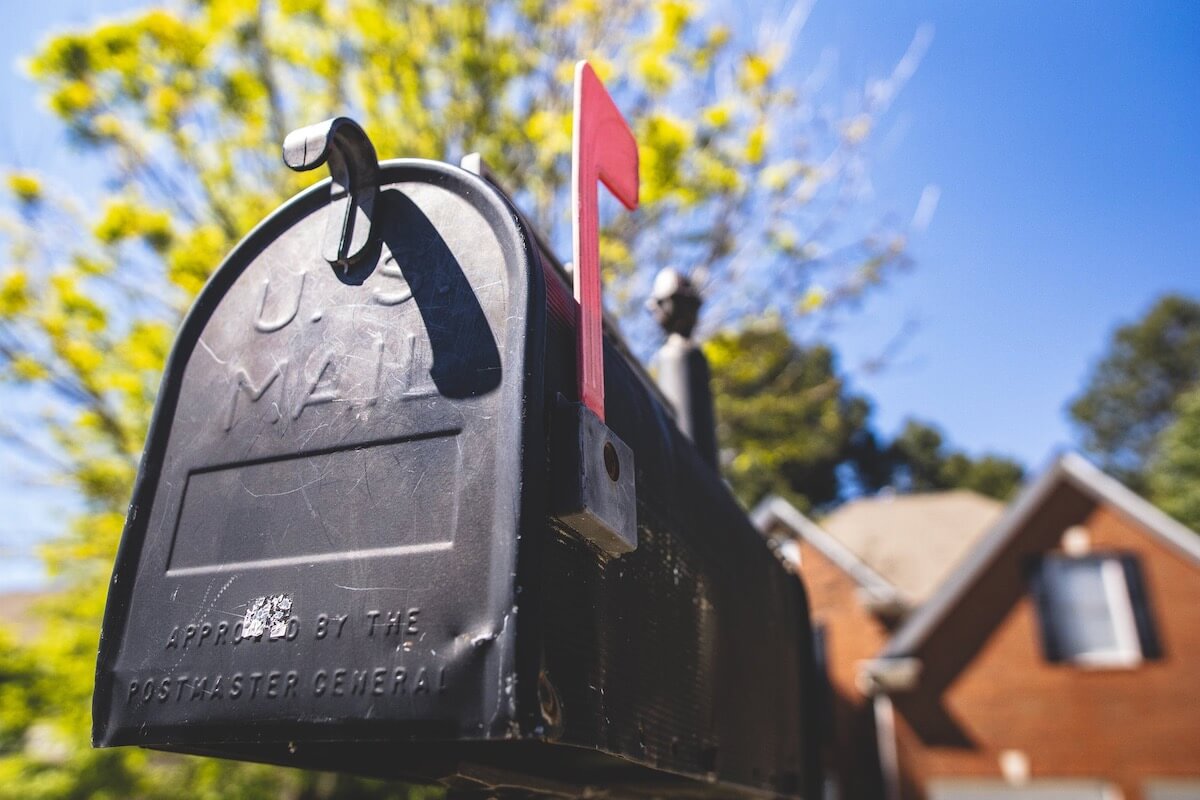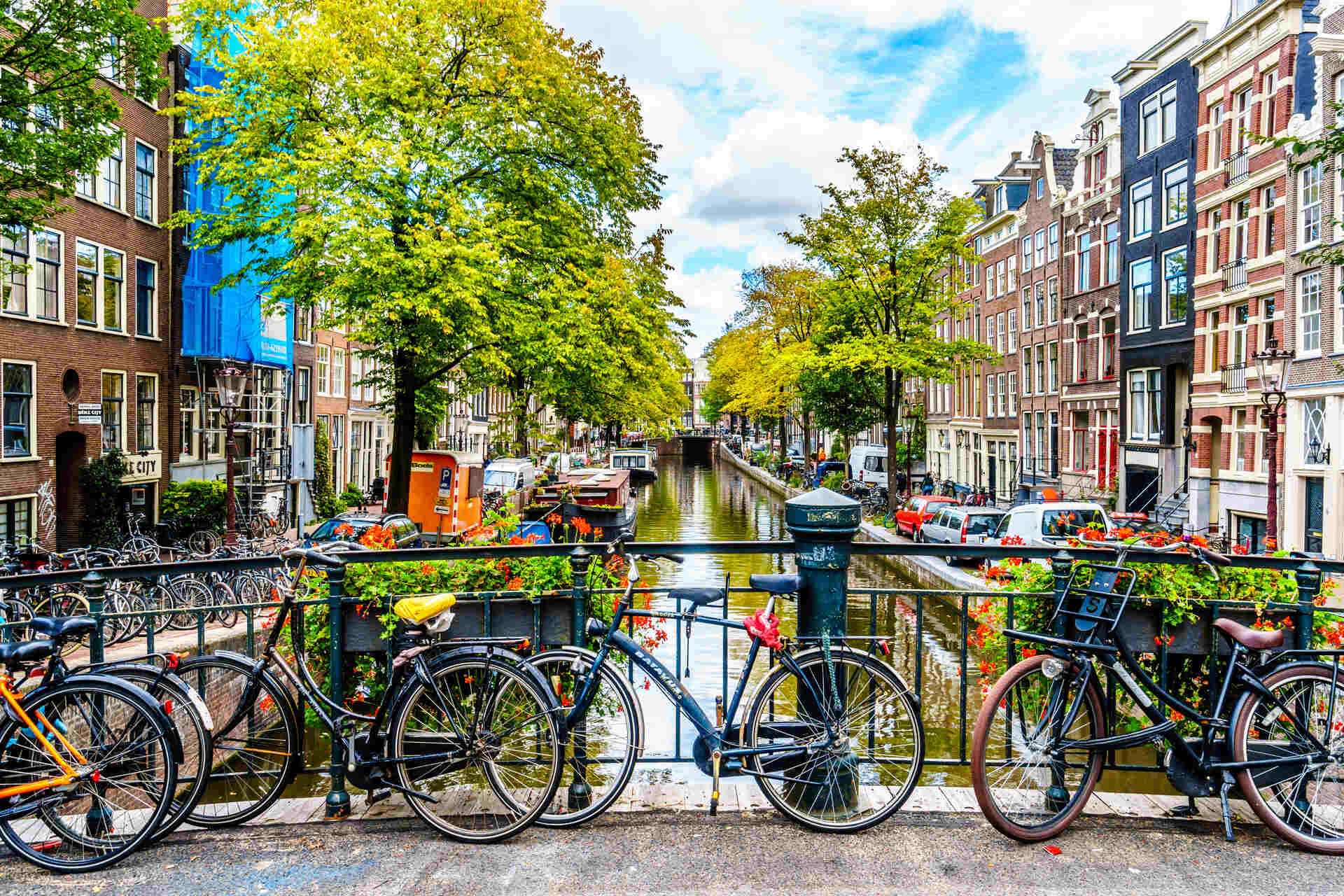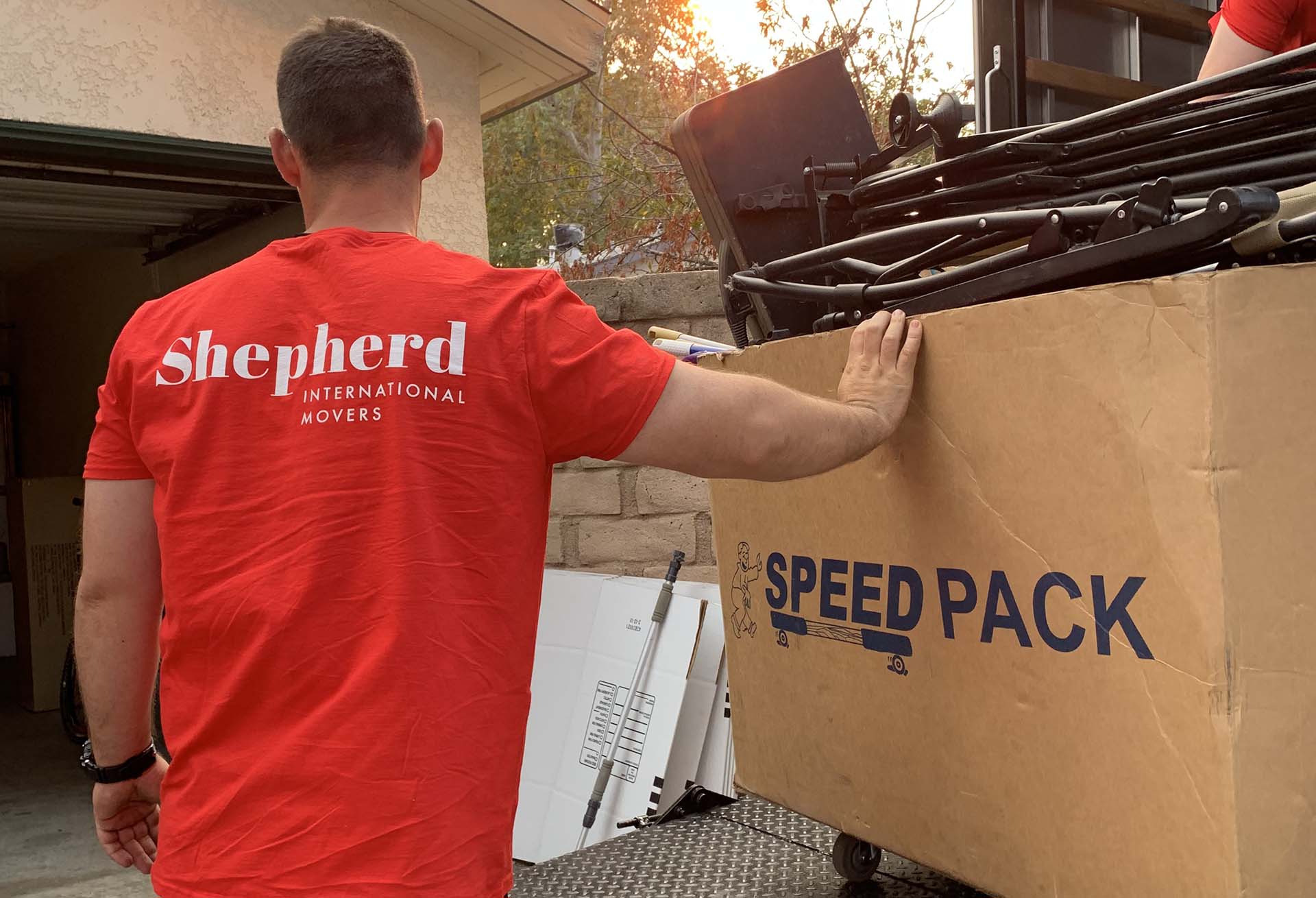

Whatever the reasons behind your decision to change a place of living, you have to be aware that relocation is no small logistical task at all. Whether you are moving for the first time or not, some moving mistakes can be waiting in ambush to make your life miserable.
Visiting another country as a tourist or reading only selected information can blur your perspective and allow you to be more susceptible to making a mistake. International or long-distance moving is not exactly the procedure during which you want to make a lot of them, even if it’s to one of the friendliest countries in the world. The relocation process can and will be tricky, but with a few smart steps in preparation, all of these moving problems can be easily avoided.
#1 One of the Biggest Moving Mistakes Is the Lack of Proper Planning
You must keep in mind that moving internationally will present you with a whole new set of obstacles, and depending on the destination, the list may be quite long. Not having an adequate plan when relocating across the world is the mother of all mistakes. Somewhat obvious but often overlooked, this potential pitfall might just get your budget into a clinching position with a bunch of little and sometimes not so little hindrances. Raising costs means more stress, and stress and expenses are never a good combo, so efficient planning is essential for a smooth relocation. If you plan properly, you will have more space in your schedule to focus on finding tips for learning another language or finding a job, if your reasons to move are driven by a need for a career change.

#2 Lack of Research Can Be the Biggest Obstacle
Do your research. Do it thoroughly. When you live overseas, in another part of the world, common knowledge about the climate, culture, customs, financial and social state of the country that you move in, education, and healthcare, might be crucial for the speed of your initial adjustments in a different environment. When you are in the process of international moving, there is no place for sudden and unexpected errors. This very significant step can also be quite easily overlooked but you simply must acquire basic information about the location where you are about to live.
Check the Climate Before You Begin With the Packing
Try to visualize the moment of your arrival from beaches of the sunny West Coast near LA to an airport somewhere in northern Europe. In December. And you don’t have a clue that you just came here in the middle of harsh winter. Maybe you did assume that the weather is not very similar to one that you are accustomed to and that you won’t be needing that much adjusting to another country.
But now you realize that the difference is much bigger and you, and possibly your family, are not ready for that initial shock. This may be the worst-case scenario, but the probability to end up in one of those unpleasant situations is, well, also big, at least to say. Knowing what to pack when relocating abroad is crucial in this stage of the preparations.
Spend a Few Moments Learning About Culture and Customs
Just like the weather, people and their habits can be very, very different, depending on which part of the world you end up moving in. Behavior that you think of as proper for you can be considered unacceptable in some regions of the world. And same formula can be applied to you. Things that many nations have incorporated in their traditions for centuries, you might just find not so pleasant and maybe even insulting.
Further down the road, one of the first problems you’re going to encounter after moving abroad is breaking the language barrier. You cannot be sure that other people’s knowledge of a foreign language is great, even if that language is English. Keep in mind also that some folks do not want to say a single word in English. Believe it or not, that can happen quite often with French and Spaniards for example. But it’s just a way to go and you must be ready for the culture shock.
Financial and Social Terms in Your New Environment Are Important
Financial circumstances, prices, and tax systems can vary a lot from ones that you are familiar with. Basics might be the same, but differences in costs of food, utilities, and fuel per example can be big. Occasionally even drastic. Sometimes the change might be beneficial for you, but sometimes there is a possibility that you are going to end up with very different, probably much higher expenses that just might have a big influence on your financial status and future business plans. However, if you’re planning to move to one of the best countries to live in career-wise, this would not have a great impact on the entire process and quality of your future life, but not everyone is lucky, so just in case, keep these few simple facts in your mind.
Do Not Neglect Healthcare and Education
One of the things you should be looking into when you’re relocating to one of the best places to live abroad with family is the school system of a country. When it comes to education, there is a couple of things that cannot be overlooked. First, although very subjective, the quality of education will naturally have a great impact on the future of you and your family as a whole. On a grand scale, researching it before your move is very significant. Do your homework before making one of the worst miscalculations involving the future of your kids.
In many parts of the world (especially if you plan on living in Europe as an American,) universal healthcare is most likely to be free. Whether you have a family or you plan to relocate abroad alone, don’t misjudge the importance of this topic.

#3 You Don’t Really Need All the Items From the Old Place
Knowing that the research was successful and you now have a bag full of useful information, it is the perfect moment to do some real work. Let’s face it. You cannot, and frankly, you don’t really need to pack literally all of your items and take them with you. Proper selection of inventory and personal stuff, based on your current needs and budget, will smooth out the process and help you to avoid more additional expenses on all levels. From boxing up items for shipping to a potential increase in speed during the period of relocating, which is in our case always a good thing. To put it simply, decluttering is a blessing in disguise.

#4 Inadequate Packing Can Be a Disastrous Mistake
Now that you know what you want to bring abroad with you, it is time to do the packing. The final stage of preparations. Of course, here things can quickly become tricky the moment you become aware that the estimated number of quality boxes is not sufficient enough or that the duct tape is inappropriate, whether is bigger or smaller than one that you require. And these two examples are just a small portion of potential failures that are just waiting to be made. So, before you grab your bags and move to another country, be sure you obtain:
- Lots of cardboard boxes of different sizes,
- Heavy-duty tape,
- Cushioning materials, like bubble wrap, packaging paper, and foam peanuts, that will prevent things from breaking,
- Scissors, markers, a utility knife, some rope, and everything else you believe might come in handy.
Moving overseas is almost like a small military operation with the notable difference that your possessions are not military-grade quality. You need to take extra precautions to move efficiently and avoid the potential damage that could, in turn, mean higher expenses and a much higher level of stress.
Don’t Forget That You Can Pack Without Spending a Dime
Poor judgment in the estimation of needed packing material and the time that the packing required will undoubtedly result in some kind of damage to your belongings and, by default, will slow down relocation. Be careful but efficient. Spend a few coins more on better material, but do not forget that sometimes higher quality stuff can be obtained for free. Like cardboard boxes, for example, which may become accessible to you in local stores, and their managers may be in a hurry to get rid of them quickly as they can or simply get some through Craigslist.
Conquer Any Potential Issues With Some Additional Tips
It is worth mentioning a few more things. First, label your boxes. It will be much easier for everyone when they know what is inside. Especially when unboxing takes place in your new home. Secure personal documents and some of the more significant stuff, like jewelry, separately and keep them close to you. Maybe we do live in an advanced society, but you never know. Better safe than sorry. And in the end, one question comes naturally: Is there a checklist for moving? Well, the answer is obvious. You should create one and list all the things you’ll require in your home. A relocating abroad checklist can be a real life-saving hack.
The following video shows some additional tips.
#5 Not Preparing Adequately When Relocating With Kids and Pets
Perhaps you’re wondering – What should you not do when moving? You shouldn’t neglect the impact a relocation can have on your kids, especially when flying across the world. Prepare them by talking and taking their feelings into consideration. Present this change as a once-in-a-lifetime adventure, where they’ll get the chance to make new friends.
If you plan to move with dogs, they will require some extra attention. Maybe you can handle the relocation stress with relative ease, but for your furry friend, this might not be a pleasant experience. Take good care of him.

#6 Forgetting to Deal With Utilities
You are almost ready to go, but there are still a couple of things to do before you move to Hungary or any other part of the world. You need to pay attention to your utilities. Remember, the final goal is to move into your new home without any issues. Right? Your new home must be fully functional and prepared for you and your family, wherever the place is. And everyone must be aware of the fact that you don’t live at the same address anymore. And that includes utility companies and authorities. Do your part, inform them about changes and avoid further complications.

#7 Not Choosing Your International or Cross Country Movers Before It’s Time to Go
The time has come. Preparations are finished and you, your family, and your pet are ready to go. But wait. Are you going to do this by yourself? Are you 100% sure about that? You shouldn’t be. At all. What you need to do is just the opposite of that. You should choose a professional company to do the job for you because they are equipped with the right tools and they have experienced, skilled and reliable workers. But, as usual, you should do some online work on your own before you make a choice.
The first thing that comes to mind is the budget. The amount of money that you are willing to spend is the first major factor that will influence the final decision. That one is obvious. Secondly, there are many companies and the possibility of a relocation scam is present. Check all of the information available on their website and of course customer reviews. Do your calculations and, after that, you are ready to contact them.
Decide Which Services You’ll Require From Your Long Distance Movers
Hiring seasoned professionals is always a proper thing to do when you are relocating and if you choose wisely, with all of the research done your relocation will be done smoothly without any unnecessary stress and additional expenses. No one needs that kind of a headache when the solution is within your grasp.
When you pick your movers, there are a couple of other things that can help you relax and enjoy your new life. You should consider whether you require storage services and to get your car ready for overseas vehicle shipping because wherever you plan to live, it will be easier to get around by car. Investing in a packing service could also help you with saving up on time.

When All Is Set and Done
All in all, cruising around all of the possible mistakes successfully is crucial for a trouble-free process of this kind. This may sound a little scary to you right now because there is a bunch of things that can go in the wrong direction, but careful planning and the right choice of relocation company are steps that will, without any doubt, make your life much easier during the relocation.









